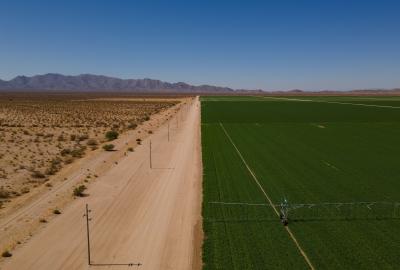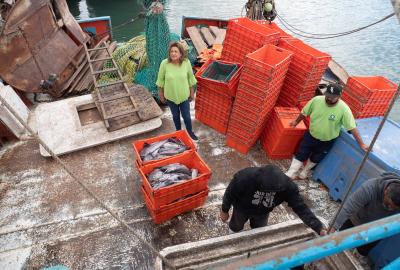New study: Tropical forests, once destroyed, can rapidly regenerate
The world’s tropical forests sequester vast amounts of carbon and are key to the fight against climate change.
Preserving them, together with forest restoration, could reduce global greenhouse gas emissions by at least one quarter. These lands are also home to indigenous tribes, forest-dwelling communities and the greatest biodiversity of any terrestrial ecosystem on Earth.

But increased recognition of the central role tropical forests play in reining in climate change has not slowed their destruction. From the Congo to Brazil, they are threatened by logging, mining, agriculture, cattle ranching and more.
From 2002 through 2019, global tropical forest loss averaged 8.3 million acres a year — an area larger than Belgium. The first two months of 2022 saw record levels of deforestation in Brazil, home to about 60% of the Amazon rainforest.
But, even as the need to preserve the planet’s remaining forests grows, a new study—the work of an international team of more than 90 scientists — also provides hope that some of these invaluable natural wonders, once destroyed, may be able to partially renew themselves within a few decades.
The study, published in Science.org, ranged across 77 sites on three continents and found that tropical forestlands that were cleared and then abandoned can regenerate without any human assistance. These so-called secondary forests can, under some circumstances, recover their full plant species diversity in 25 to 60 years, faster than previously known, though it may take a century or more to recover the full biomass of a mature forest.
“Tropical forests are critical for the future of the planet and preserving existing forests is the top priority,” says Stephen Schwartzman, senior director for tropical forests at Environmental Defense Fund. “This study offers hope that conserving degraded tropical forests and encouraging their large-scale regeneration could also play an important role in reining in climate change and avoiding its potentially disastrous impacts.”

